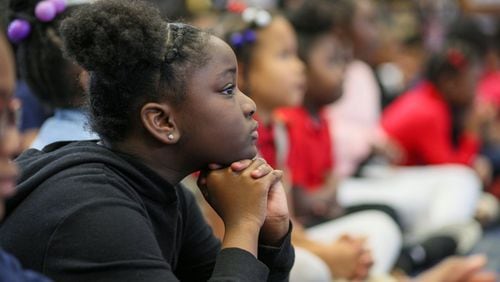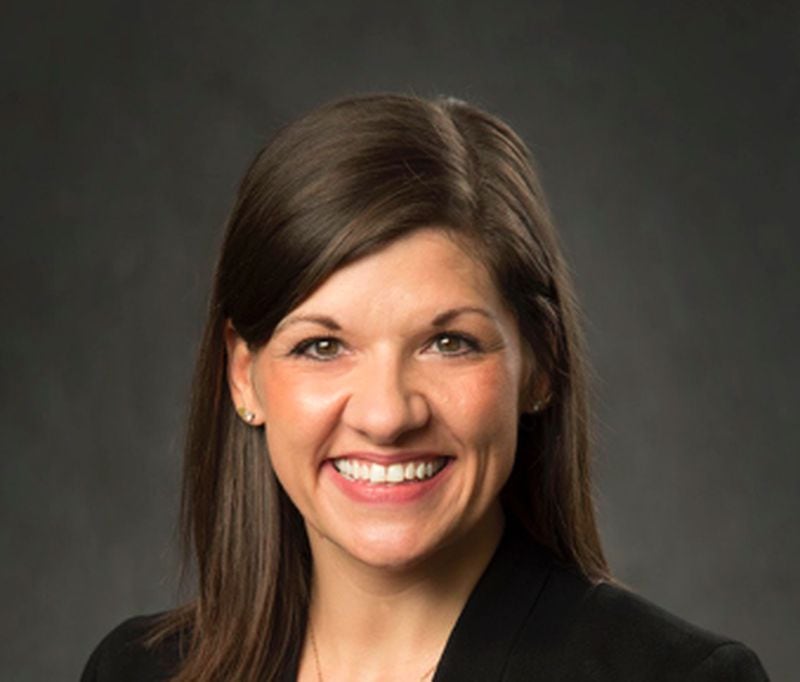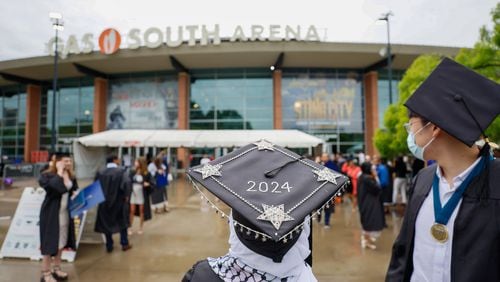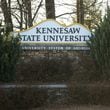In a guest column, Tracey Nance, 2020-2021 Georgia Teacher of the Year, warns that Florida’s rejection of an African American history course denies children the experience of seeing themselves and their history represented in their classrooms.
By Tracey Nance
“America the Beautiful.” That’s what my fifth grade students titled the first social studies unit I designed and taught when I asked them, “Who is America?” My school lacked social studies resources, but I knew kids needed to see how their stories connected to others and to know the extraordinary contributions Americans of all backgrounds have made to our nation’s history and culture.
While kids easily grasp the strength and beauty found in our nation’s collective story, school curriculum materials continue to underrepresent and harmfully depict our children’s identities. Even more, educational bans on diversity and inclusion instruction cast a wide and vague net, further limiting access to the student-centered resources all kids need.
The recent decision by the Florida Department of Education to block an AP course on African American history is the latest and most prominent example of this troubling trend. The Florida ban — along with similar legislative moves being considered in other states — dangerously undermines the ultimate goal of public education: to equip students for the world around them.
Our children are intelligent and compassionate thinkers, and they’re counting on us to prepare them for the next chapter of America’s story. Learning demands honesty, empathy and connection. As a parent, educator and the 2020-2021 Georgia Teacher of the Year, I know that when we use students’ lived experiences as a launching point for learning, they grow.
Credit: contributed
Credit: contributed
One student, Joshua, designed a poster board of his inspiration — a collage of Black politicians, entrepreneurs, and family members — and declared he wanted to be a chef. After devouring many cookbooks, he began selling his cookies at a local bakery. I witnessed the knowledge and empathy gained when my fourth graders interviewed residents at the local senior home about their civil rights era experiences, and later asked to return. And I see how engagement soars when kids see their interests and identities show up in American history, music and current events. It matters.
This means districts, schools and teachers must be intentionally inclusive of the identities and histories of America’s students when they select curriculum materials. It means getting to know kids and leaning into their lived experiences to make powerful learning connections. It means building community and encouraging kids to engage with real-world problems, read literature and historical accounts from multiple perspectives and learn how to work with people of different backgrounds.
And it works.
Everything I have personally learned about teaching and kids corroborates what researchers and award-winning educators claim: When we give voice to students’ experiences, we find that academic outcomes, self-confidence and social skills improve.
The merit of allowing students to see themselves and their experiences affirmed through the curricula has been shown for many decades. Shifting student demographics, recent assessment results and our changing economy demand all students have a more complete picture of the collaboration and communication that has strengthened our nation throughout history — particularly during the most difficult of times.
Some people claim classroom practices that affirm student identities are divisive, but that’s just not true. The evidence lies in extensive research, educators’ experiences, parents’ hopes for their child’s future and in what students see for themselves when we lay out all the book’s pages: “America the Beautiful.”
Patriotism means loving your country and clinging to its ideals. We’re not proud because we’re perfect. We’re proud because we strive to be better. Liberty and justice for all builds pride in all of us.
America’s children need every parent, educator and stakeholder to support student-affirming practices and culturally responsive curricula. It’s on us to ensure that state leaders and lawmakers do not prevent students from experiencing an honest education, which includes learning about our rich and diverse history. Contact your school boards and lawmakers. And let teachers know you trust their expertise and that you value students’ identities.
For all its twists, our incredible American story belongs to every child. Help us make sure it gets written that way.
About the Author








